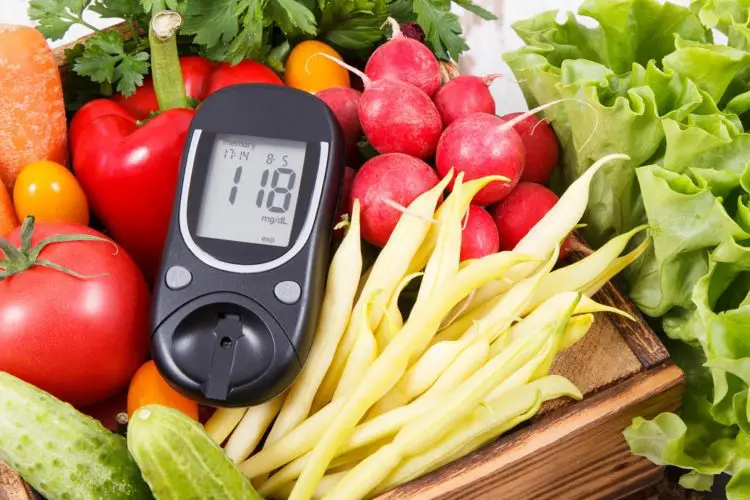Le diabète est un problème de santé important qui touche un grand nombre de personnes dans le monde. Cette condition métabolique interfère avec la capacité du corps à réguler la glycémie, entraînant des problèmes de santé potentiels s'ils ne sont pas gérés. Adopter une alimentation et un mode de vie sains est essentiel dans la gestion de cette maladie chronique, and incorporating the right foods can play a significant role. In this article, we will explore ten foods that have been scientifically proven to offer beneficial effects on type 2 diabète et régulation de la glycémie.
Légumes-feuilles
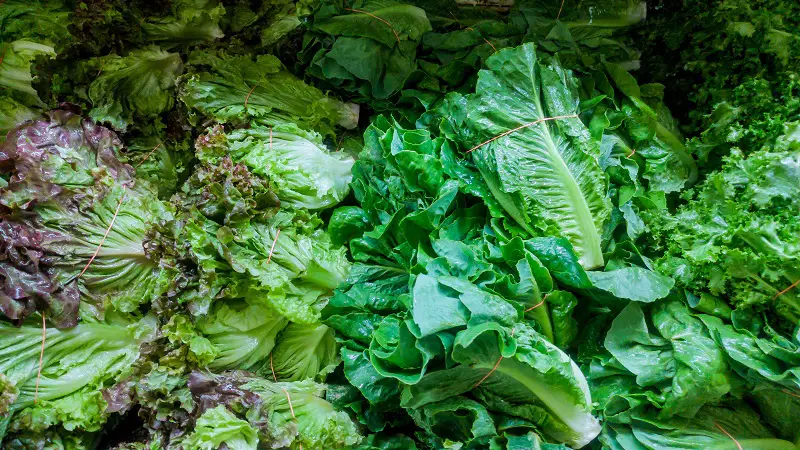
Les légumes-feuilles comme le chou frisé et les épinards sont riches en fibres et faibles en glucides, ce qui en fait une option alimentaire idéale pour les personnes atteintes de diabète. Ces légumes regorgent de nutriments et ont été associés à un meilleur contrôle de la glycémie et à un risque réduit de type 2 diabète.
Baies
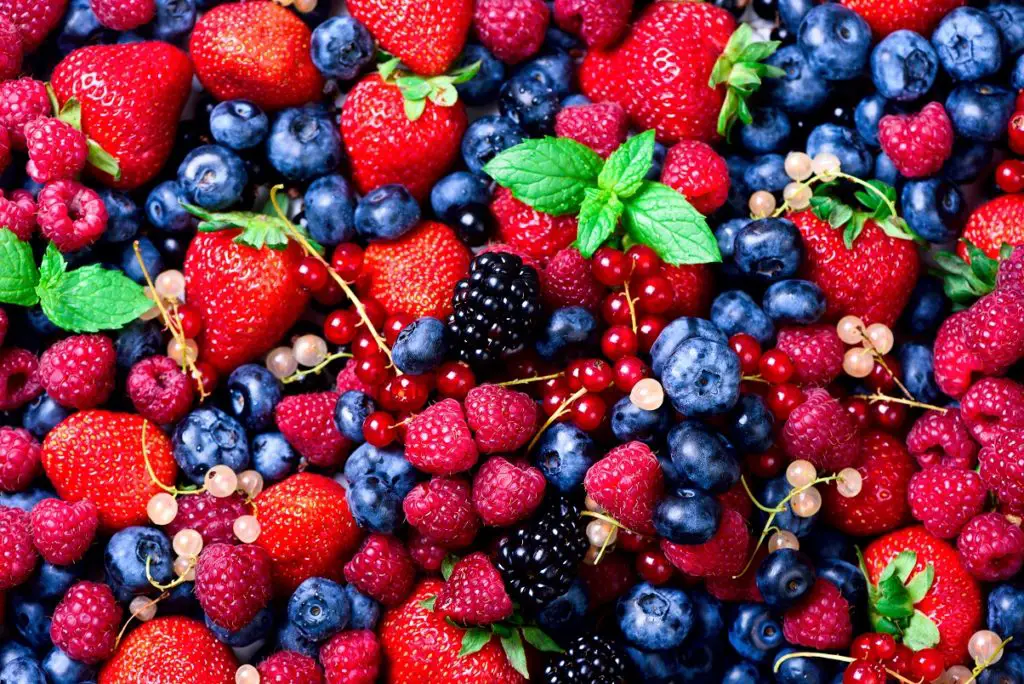
Les baies sont une riche source d'antioxydants et de fibres, et pauvre en glucides, offrant des effets bénéfiques pour les personnes atteintes de diabète. A higher consumption of berries has been associated with improved glucose control and a reduced risk of type 2 diabète.
Avocados
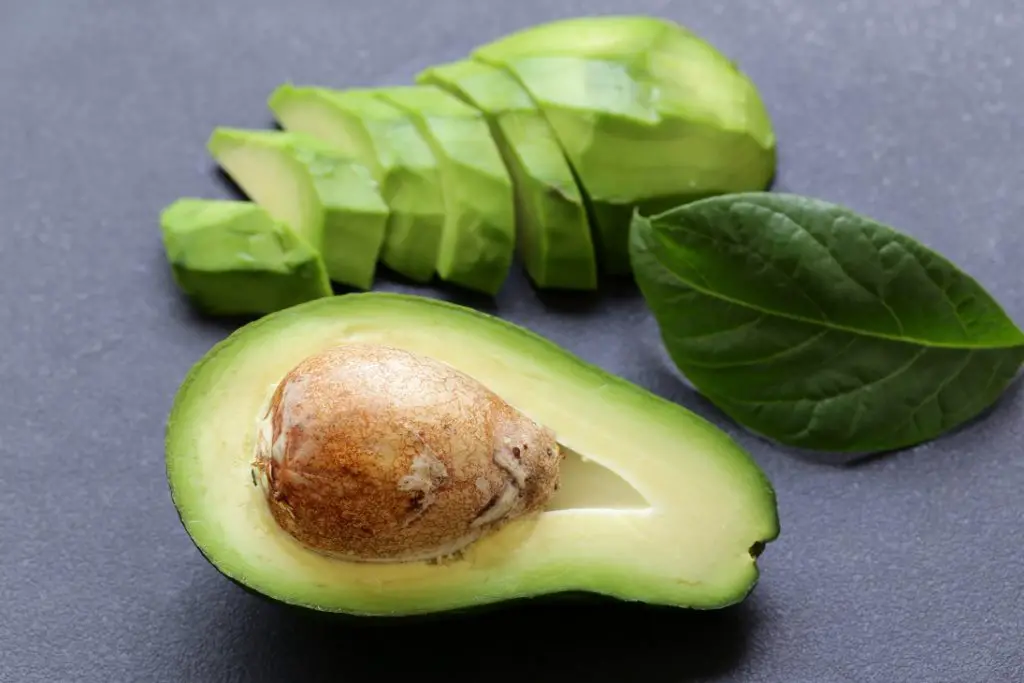
Avocados are high in healthy fats and fiber, making them a valuable food option for individuals with diabetes. Studies have reported that daily avocado consumption can improve lipid profiles and reduce markers of inflammation in overweight and obese individuals, leading to improved glucose control.
Nuts
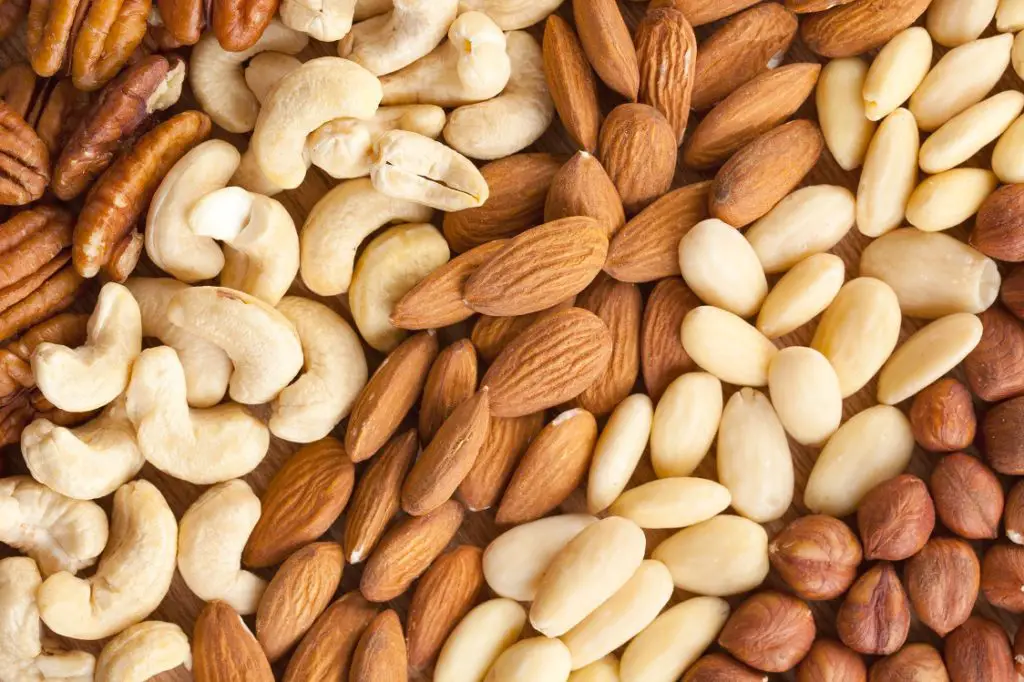
Nuts are a good source of healthy fats, protein, et pauvre en glucides, making them an ideal choice for individuals with diabetes. A higher consumption of nuts has been linked to improved glucose control and a reduced risk of type 2 diabète.
Fatty Fish
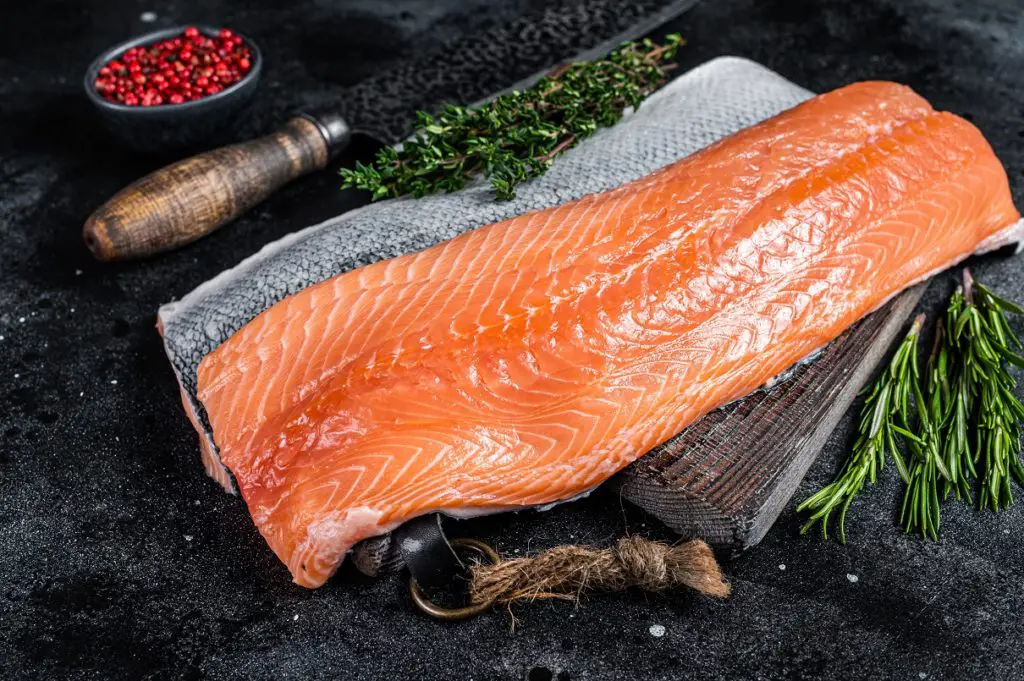
Fatty fish such as salmon, mackerel, and sardines are rich in omega-3 fatty acids, which have been shown to enhance insulin sensitivity. A higher consumption of fatty fish has been associated with improved glucose control and a reduced risk of type 2 diabète.
Whole Grains
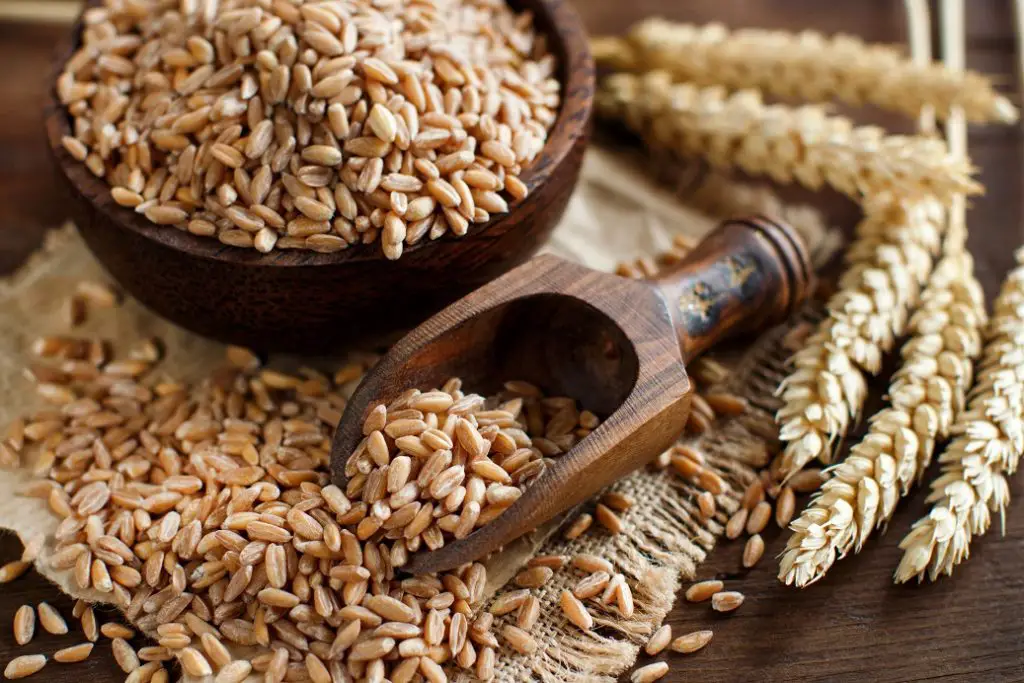
Whole grains are packed with fiber, nutrients, et pauvre en glucides, offrant des effets bénéfiques pour les personnes atteintes de diabète. A higher intake of whole grains has been linked to improved glucose control and a reduced risk of type 2 diabète.
Legumes
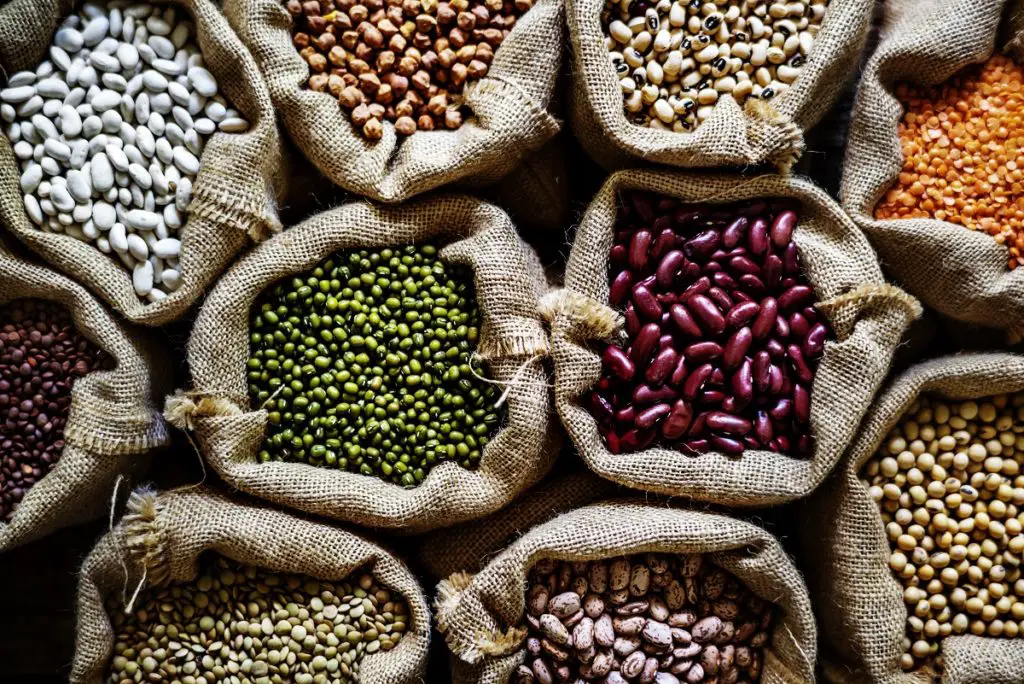
Legumes such as beans, lentils, and chickpeas are high in fiber, protein, et pauvre en glucides, offrant des effets bénéfiques pour les personnes atteintes de diabète. A higher intake of legumes has been linked to improved glucose control and a reduced risk of type 2 diabète.

Chia Seeds
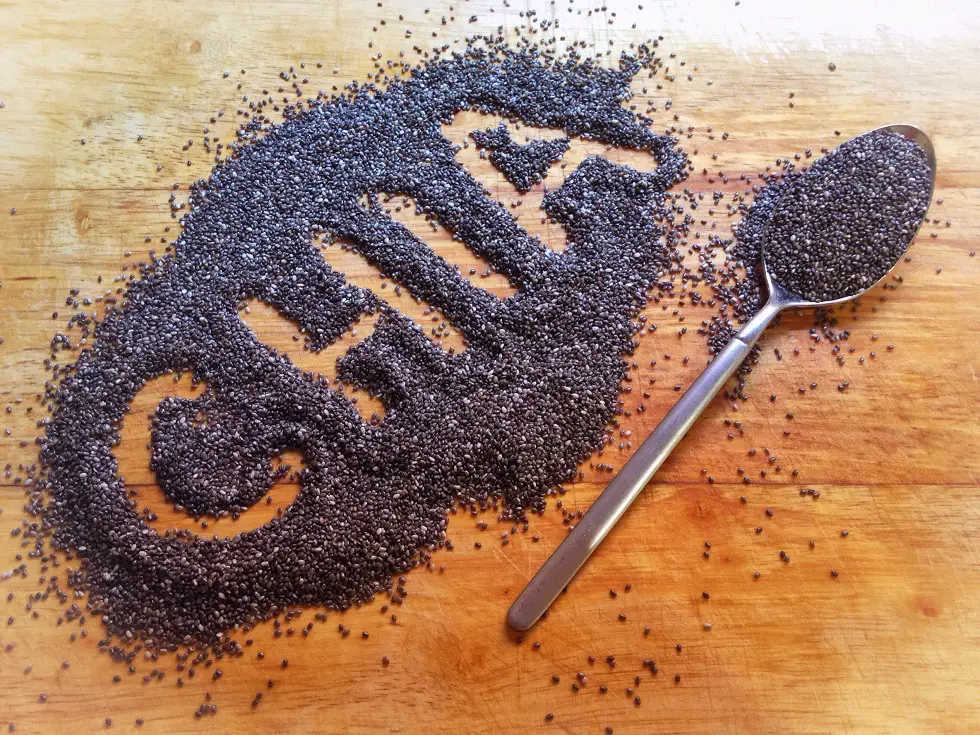
Chia seeds are high in fiber and healthy fats, et pauvre en glucides, offrant des effets bénéfiques pour les personnes atteintes de diabète. Studies have shown that consuming chia seeds can lead to improved glucose and lipid control in individuals with type 2 diabète.
Cannelle
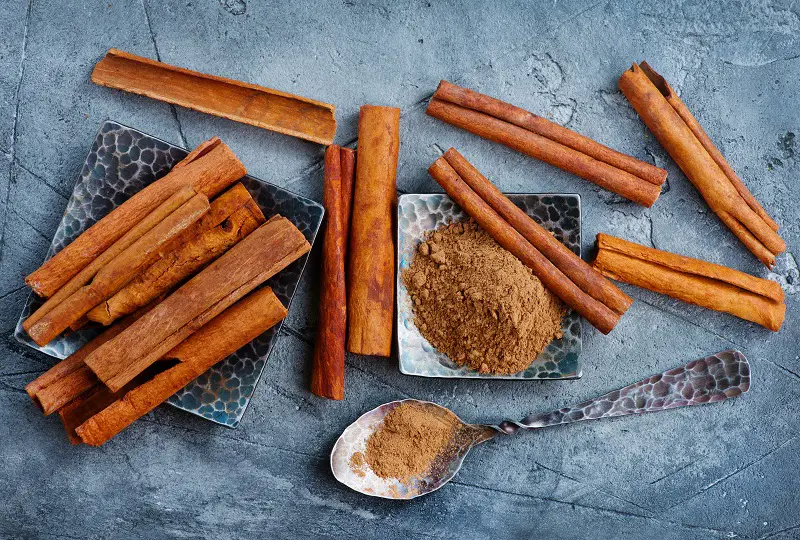
Cinnamon has been scientifically proven to enhance insulin sensitivity and regulate blood glucose levels. A higher consumption of cinnamon has been shown to improve glucose control and lipid regulation in individuals with type 2 diabète.
Garlic
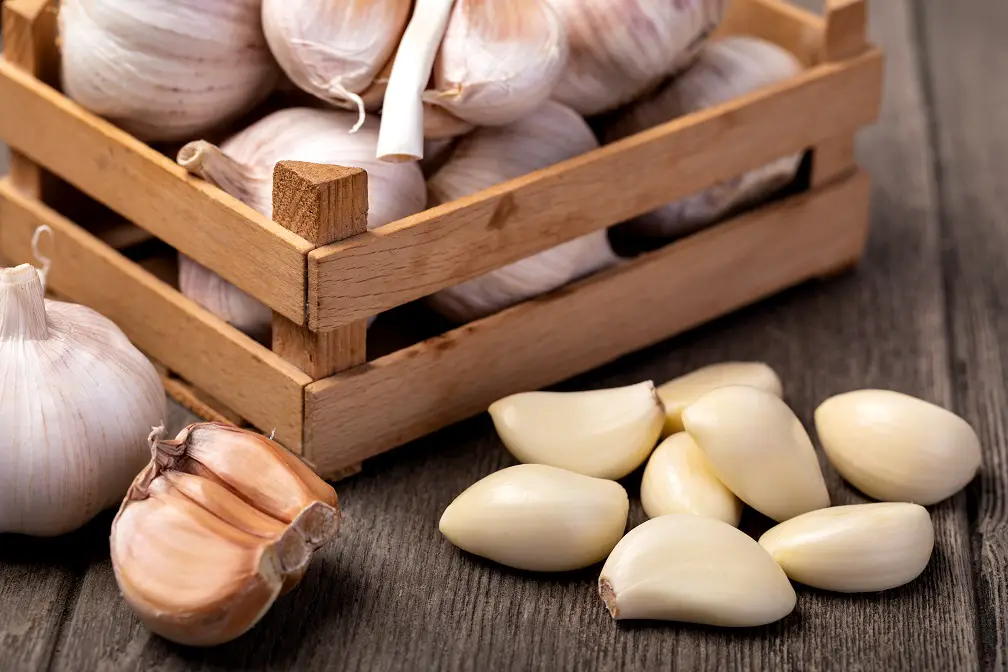
Garlic is a powerful antioxidant that has been linked to improved glucose control and a reduced risk of type 2 diabète. Incorporating garlic into your diet can provide additional benefits for individuals with diabetes, leading to effective glucose regulation.
In conclusion, incorporating these ten foods into your diet can provide significant benefits for individuals with diabetes. It is important to remember that while these foods may offer beneficial effects, they should not be used as a substitute for professional medical advice and treatment. A balanced and healthy diet combined with regular physical activity and medication, if prescribed, is crucial in managing diabetes effectively.
References:
Légumes-feuilles:
Mozaffarian, D., Hao, T., Rimm, E. B, Willett, W. C., & Hu, F. B. (2011). Changes in diet and lifestyle and long-term weight gain in women and men. The New England Journal of Medicine, 364(25), 2392-2404.
Baies:
Krikorian, R, Nash, T. A., Shidler, M. D., Shukitt-Hale, B, Joseph, J. A., & Lau, F. C. (2010). Blueberry supplementation improves memory in older adults. Journal of Agricultural and Food Chemistry, 58(7), 3996-4000.
Avocados:
Masharani, U., Sterken, M, Schloetter, M, Layman, D. K., Erickson, K. L., & Holick, M. F. (2015). Avocado consumption is associated with better diet quality and nutrient intake, and lower metabolic syndrome risk in US adults: results from the National Health and Nutrition Examination Survey (NHANES) 2001–2008. Nutrition Journal, 14(1), 1-7.
Nuts:
Wu, H., Fang, Y., Yang, B, Liu, J., Gong, Y., & Li, S. (2019). Nut consumption and risk of metabolic syndrome: a systematic review and meta-analysis of prospective studies. British Journal of Nutrition, 121(11), 1161-1171.
Fatty Fish:
Maki, K. C., Dicklin, M. R, Phillips, T. M, Pieper, C. F., Sahyoun, N. R, & Kris-Etherton, P.. M. (2011). The effects of adding omega-3 fatty acids to statin therapy on serum biomarkers of inflammation and cardiovascular disease risk: a randomized, en double aveugle, placebo-controlled study. Clinical and Applied Thrombosis/Hemostasis, 17(5), 523-529.
Whole Grains:
Kochan, C. J., Louie, J. C., & Pompeii, L. A. (2017). Whole grains, cereal fibers, bran, and germ in relation to colorectal cancer: evidence from observational and mechanistic studies. Nutrition and Cancer, 69(7), 1147-1162.
Legumes:
Habib, F., & Muir, J. G. (2017). The role of legumes in gastrointestinal cancer prevention. World Journal of Gastroenterology, 23(13), 2415-2429.
Chia Seeds:
Al-Snafi, A. E. (2018). The medicinal uses of chia (Salvia hispanica L.) seeds: a review. Journal of Medicinal Plants Research, 12(11), 191-194.
Cannelle:
Kim, J. H., Lee, H. J., & Lee, H. Y. (2015). Cannelle: a promising anti-inflammatory and anti-tumor agent. International Journal of Molecular Sciences, 16(3), 6693-6713.
Garlic:
Ried, K., Frank, J., & Stocks, N. P.. (2013).

